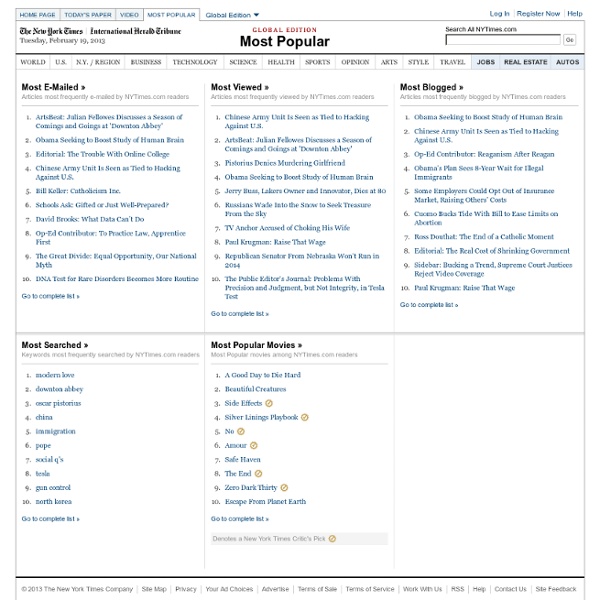



Espace Culture - Université Lille1 : LNA#62 Accéder aux autres sites de l'Université : Nouveau programme ! Téléchargez le programme de nos manifestations pour la période de janvier à mars 2013. Archives de la revue Les nouvelles d'Archimède 62 Édito 2 Une rentrée universitaire très riche… par Jean-Philippe Cassar À propos du nucléaire 4 Fukushima, notre Tchernobyl par Christophe Sabouret5-6 Nucléaire et bonne santé par Xavier Marchandise7-8 À quand la transition énergétique ? La Méditerranée 11-12 La Méditerranée et l’Atlantique : de l’invasion de l’Europe du Nord aux débuts de la présence des États-Unis en Méditerranée (1776-1815) par Silvia Marzagalli13-14 Penser le monde : les échanges de savoirs philosophiques entre les deux rives de la Méditerranée au Moyen Âge par Mohamed Deaif Rubriques 15 Vie de l’université : Cédric Villani, Henri Poincaré et la pensée mathématique par Caterina Calgaro16-17 Paradoxes par Jean-Paul Delahaye18-19 Mémoires de sciences : Nim, le jeu d’allumettes qui met le feu aux poudres ! Au programme
Le Dauphiné Libéré - L'actualité en Rhône Alpes, Isère, Haute-Savoie, Savoie, Vaucluse, Drôme, Ardèche et Hautes-Alpes Network News Art School The last explosive change in art education came nearly a century ago, when the German Bauhaus was formed. Today, dramatic changes in the art world—its increasing professionalization, the pervasive power of the art market, and fundamental shifts in art-making itself in our post-Duchampian era—combined with a revolution in information technology, raise fundamental questions about the education of today's artists. Art School (Propositions for the 21st Century) brings together more than thirty leading international artists and art educators to reconsider the practices of art education in academic, practical, ethical, and philosophical terms. The essays in the book range over continents, histories, traditions, experiments, and fantasies of education. Questionnaires: Thomas Bayrle, Paul Chan, Jeremy Gilbert-Rolfe, Piero Golia, Ann Hamilton, Matthew Higgs, Mike Kelley, Guillermo Kuitca, Shirin Neshat, Paul Ramírez-Jonas, Dana Schutz, Brian Sholis, Fred Wilson
Bill Would Keep Big Brother’s Mitts Off Your GPS Data | Danger Room The reauthorization of the Patriot Act looks like a forgone conclusion. But next month, a bipartisan band of legislators will try to mitigate a different kind of damage done to civil liberties: the government’s warrantless collection of location data beamed out by your car or mobile phone. The courts aren’t sure whether so-called “geolocation” data taken from GPS devices or cellphones is covered by the Fourth Amendment, as Wired.com’s blog Threat Level has extensively reported. That ambiguity has largely enabled law enforcement to snatch it up without getting a warrant or showing probable cause. Sen. “GPS devices are everywhere and that’s a good thing,” Chaffetz tells Wired.com. A bill they’ve collaborated to draft prevents the government from getting tracking data sent by your smartphone, GPS unit or other device — including any “successor device,” a nod to as-yet-unimagined tech — without a court order. Chaffetz and Wyden plan to introduce the bill the week of June 15. And how.
Who Really Invented Rock n Roll Little Richard once said, "The blues had an illegitimate baby and we named it rock 'n' roll." This is a fair and clever summary of what happened between 1949 and 1954, when black and white musical traditions cross-educated each other, and then disc jockey Alan Freed popularized the phrase "rock and roll," which was black slang for having sex. Now along comes Rolling Stone magazine, huckstering a commercial myth to sell magazines, get advertising, and make a buck. Along the way, they falsify and simplify the history of America's music. The current issue, which celebrates the 50th anniversary of the creation of rock 'n' roll and is stuffed with advertisements, declares that Elvis Presley invented the music. This is revisionist history as a marketing gimmick. No one person started rock 'n' roll. Presley himself never claimed to have invented rock 'n' roll. In his remarkable biography of Mr. These records, purchased by the young Elvis, included "Lawdy Miss Clawdy" by Lloyd Price. Mr.
Automática Editorial California woman swears off mirrors for a year Kjerstin Gruys likes her legs now — and the feel of her cheeks as she applies makeup. Even perfumes smell better, she says, since she stopped looking in mirrors six months ago. Last March, the 28-year-old PhD student embarked on a year-long project, banning herself from gazing at her own reflection — no mirrors, no reflective surface at all. Denied access to her own reflection Gruys says she has become happier with her own appearance. Gruys, who suffered from eating disorders in high school and college, blames mirrors for many body image issues. Too many women are obsessed with their image, she says, quoting a British study that revealed that women spend the equivalent of five days each year staring, often critically, at their own reflection. Gruys started the project, which she chronicles on her blog Mirror Mirror … OFF The Wall, after an exhausting March day spent shopping for her wedding dress. She later posted on her blog, “At some point my dress search stopped being fun.